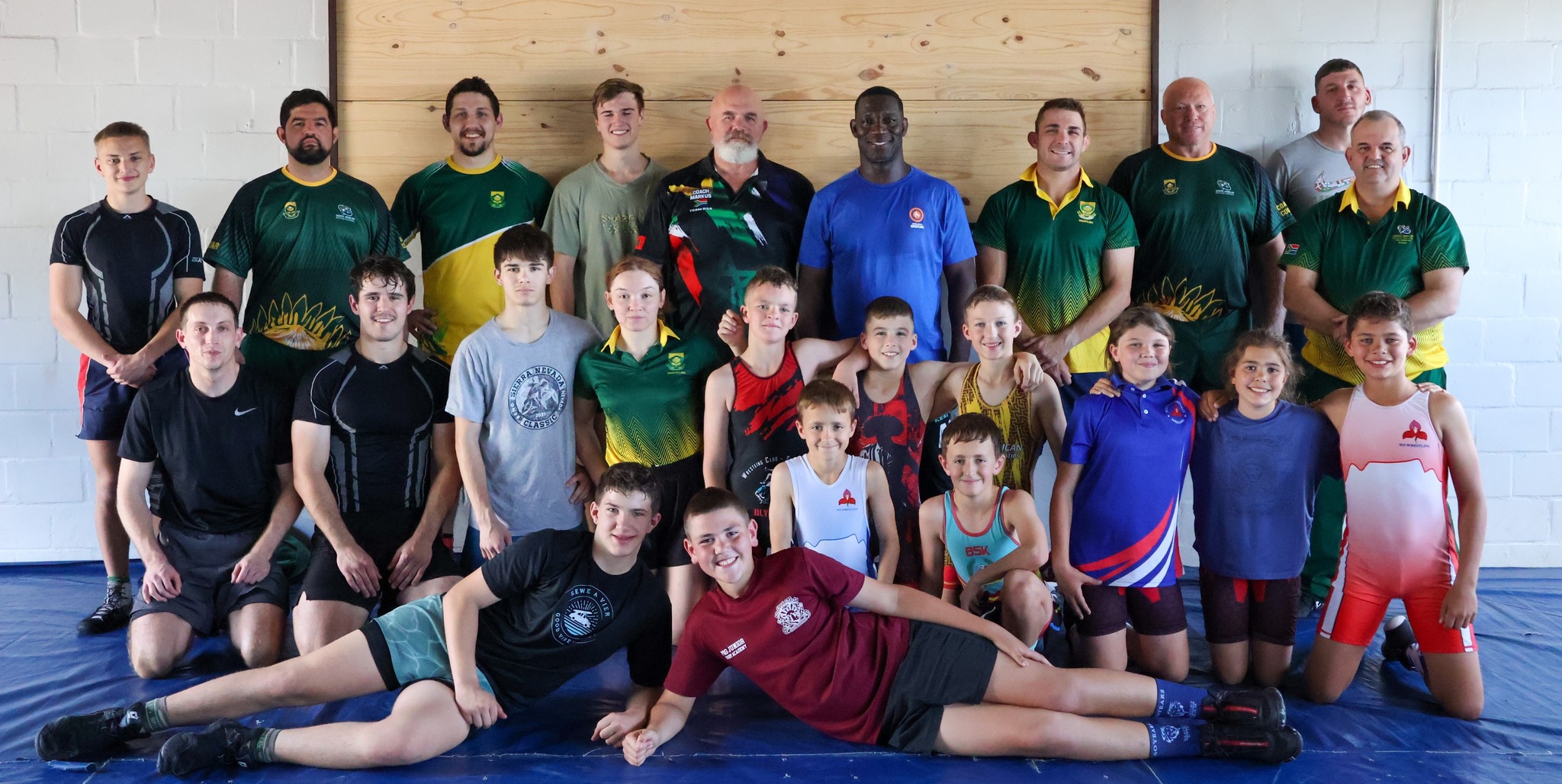WATCH: 10 women's wrestling finals from Asian Championships
Tuesday, May 9, 2023 - 10:27 By Vinay Siwach

ASTANA, Kazakhstan (May 8) -- Japan once again showed why it is the most dominant country when it comes to women's wrestling. At the Asian Championships, Japan claimed five gold medals out of 10 to win the team title. China finished second while India came third. China and Kazakhstan won two gold medals each and Kyrgyzstan captured one.
Relive all the gold medal bouts from the women's wrestling at the Asian Championships.
GOLD: 50kg - Jasmina IMMAEVA (UZB) vs. Remina YOSHIMOTO (JPN)
GOLD: 53kg - ANTIM (IND) vs. Akari FUJINAMI (JPN)
GOLD: 55kg - Otgontuya CHINBOLD (MGL) vs. PANG Qianyu (CHN)
GOLD: 57kg - Laylokhon SOBIROVA (UZB) vs. Sae NANJO (JPN)
GOLD: 59kg - ZHUOMALAGA (CHN) vs. Yui SAKANO (JPN)
GOLD: 62kg - Orkhon PUREVDORJ (MGL) vs. Aisuluu TYNYBEKOVA (KGZ)
GOLD: 65kg - Jia LONG (CHN) vs. Mahiro YOSHITAKE (JPN)
GOLD: 68kg - Ami ISHII (JPN) vs. NISHA (IND)
GOLD: 72kg - Zhamila BAKBERGENOVA (KAZ) vs. Sumire NIIKURA (JPN)
GOLD: 76kg - Elmira SYZDYKOVA (KAZ) vs. Aiperi MEDET KYZY (KGZ)



Share your thoughts.
Comments